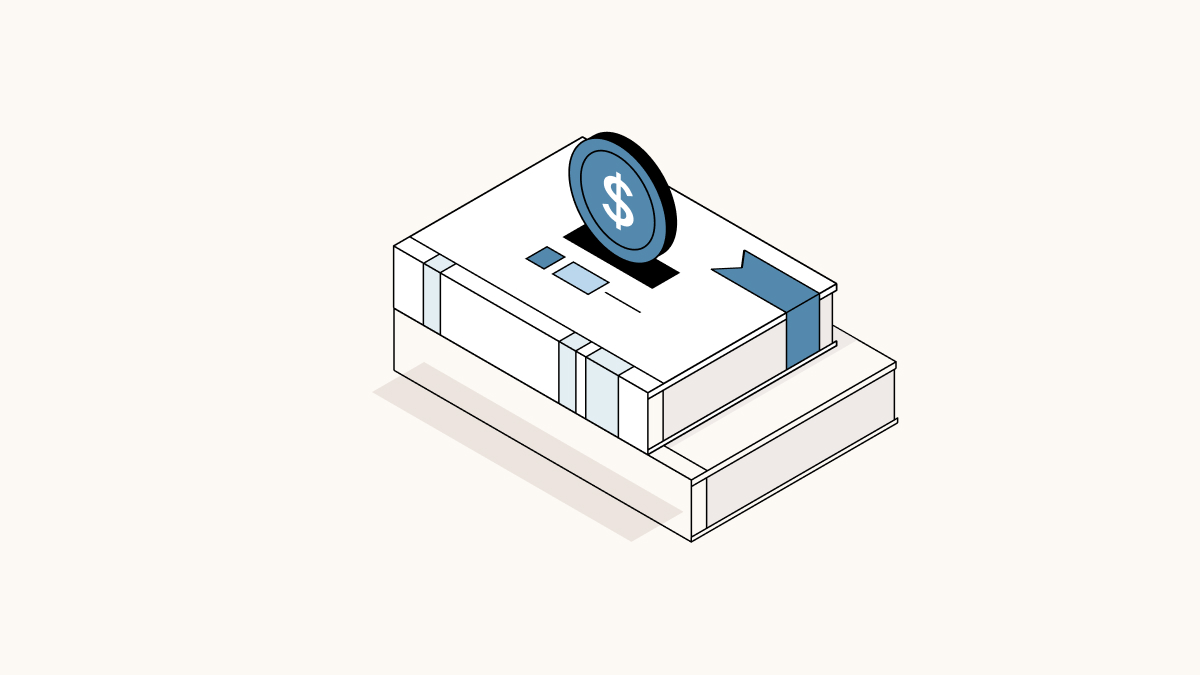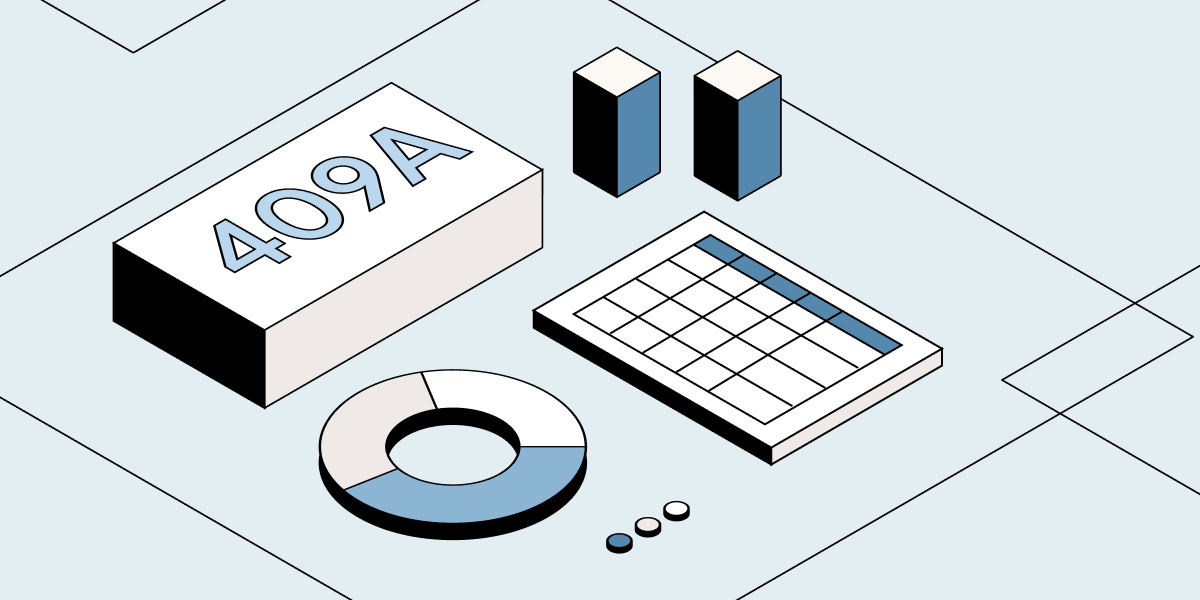Fundraising generally falls into two categories: Priced rounds and unpriced rounds. The best option for you depends on your startup’s stage of growth, your investors’ preferences, and—most importantly—whether you know your company’s valuation at the time of fundraising.
In this article, we’ll explain everything founders need to know about priced round fundraising.
What is a priced round?
A priced round, also known as a preferred stock financing or priced equity round, is when a financial investment is exchanged for stock in a company based on a negotiated valuation of that company. The key aspect that makes a round “priced” is that there is a per-share price, allowing stock to be sold as a set number of shares.
Priced rounds vs. unpriced rounds
For most companies, seed-stage financing or financing from angel investors is unpriced because at that stage it’s usually faster and easier to use convertibles (like SAFEs) instead of doing a full preferred stock financing. After that, Series A rounds and subsequent rounds are generally priced rounds, and they typically include financing from venture capital firms or other institutional investors.
When an early-stage company does not have a set valuation, or when a founder does not want to give investors preferred stock in exchange for capital, the company may raise an unpriced round, which commonly involves an investor providing cash or a loan in exchange for a convertible security (convertible). The two most common types of convertible securities are SAFEs (Simple Agreements for Future Equity) and convertible notes. Convertible securities are then automatically converted to actual equity shares at a later time, during the first priced round.
Priced round vs. SAFEs and convertible notes
Priced rounds require more upfront negotiating and legal involvement than convertibles, but they also give you a clearer picture of how much your company is worth and the ownership percentages of each stakeholder.
Convertible notes and SAFEs, on the other hand, offer more flexibility and control if you’re still figuring out where your company is headed.
How do priced rounds work?
In a priced round, an investor gives you money in exchange for preferred stock in your company at a price per share determined by the agreed-upon valuation. Priced rounds can be a good option for founders who are confident about what their company is worth, expect impressive growth, and need to raise a lot of capital.
Liquidation preferences
Preferred stock financing rounds typically provide investors with priority liquidation payout over other stockholders (usually up to one-time their money back), as well as other preferential features. The price for preferred stock is based on what the company is worth at the time of the investment. Given that the price is set at the time of investment by the valuation, investors get stock immediately.
Investors may also negotiate liquidation preferences beyond the norm. For example, later investors might ask to receive “senior preferences,” in which they would receive preference over earlier investors who also have liquidation preferences in liquidity events.
Control rights
Priced rounds can give investors more control rights in your company (another reason why investors often prefer this type of fundraising). Control rights may include voting rights or a potential board seat as a lead investor.
Pros and cons of a priced round
|
Pros |
Cons |
|
Offers clear terms and certainty on dilution: Term sheets and determining a per-share price give you a better idea of how much company ownership you’re giving up. |
Requires more time: Not only do you have to agree upon a valuation, but you also have to negotiate your investors’ other control and economic rights. |
|
Appeals to investors: Investors have more protection and rights with priced rounds, so they may be more inclined to stay engaged with supporting the company after investing. |
Expensive: It often costs more money in legal fees to negotiate documents and go through investor due diligence for a priced round. |
|
Generates interest: A lead investor can help create buzz around your company and raise even more money. |
Less autonomy: You may have to give a certain amount of control over to investors. |
Today, early-stage founders can pay anywhere between $40k–120k or more to close their Seed and Series A rounds. That price includes legal and administrative expenses from due diligence, document negotiation, signature creation, and the closing itself.
If priced rounds seem too costly, learn how you can save on your closing costs and streamline the fundraising experience by using Carta Deal Team.



